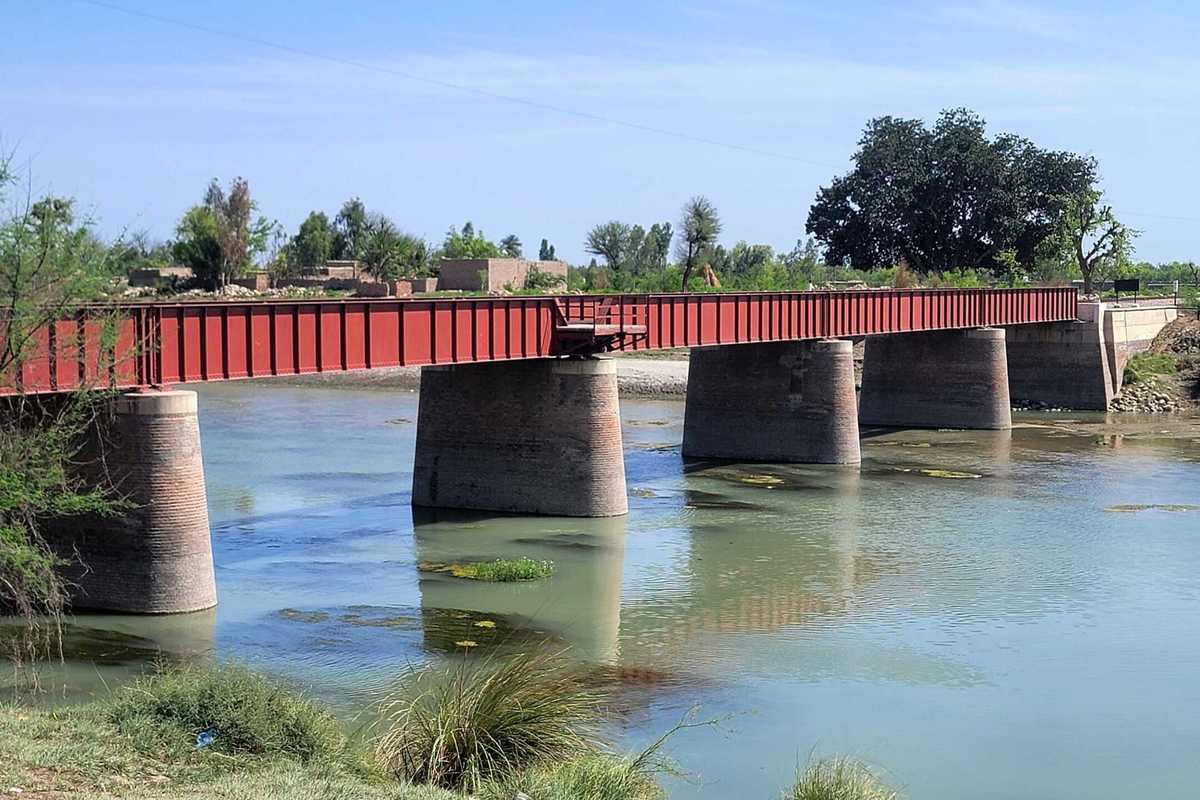News Desk
The News Desk provides timely and factual coverage of national and international events, with an emphasis on accuracy and clarity.

The Indus Waters Treaty is a water-sharing agreement signed between India and Pakistan in 1960, after nine years of negotiations facilitated by the World Bank, which is also a signatory. The talks were initiated by then-World Bank President Eugene Black.
The treaty is widely regarded as one of the most successful international water agreements. Despite several wars and ongoing political tensions between India and Pakistan, the treaty has endured for more than six decades.
How does it work?
The treaty divides the six major rivers of the Indus system between the two countries:
- Eastern Rivers: Ravi, Beas, Sutlej – allocated to India
- Western Rivers: Indus, Jhelum, Chenab – allocated to Pakistan, with limited usage rights granted to India for irrigation and hydropower
To manage the agreement, the treaty established the Permanent Indus Commission, composed of one commissioner from each country. It also outlines a three-tier mechanism for resolving issues:
- Questions – handled by the Commission
- Differences – resolved by a Neutral Expert
- Disputes – referred to a Court of Arbitration
The World Bank’s role is procedural and limited to appointing experts or arbitrators when requested.
Why is it in the news again?
Tensions flared after India announced it was suspending the Indus Waters Treaty, a landmark move that would mark the first time either side had walked away from the agreement.
The decision comes after gunmen attacked a tourist bus in Indian-administered Kashmir, killing 26 people. India has blamed Pakistan for the attack, a charge Islamabad denies.
The announcement has sparked regional and market instability, with Pakistan calling an emergency National Security Council meeting to respond.
What’s at stake?
The Indus system of rivers is a lifeline for both India and Pakistan, especially in agriculture-dependent regions. Altering or ending the treaty could:
- Deepen geopolitical hostilities between the nuclear-armed neighbors
- Spark a water crisis, particularly in downstream Pakistan
- Impact global diplomatic perceptions, given the World Bank's involvement







Comments
See what people are discussing